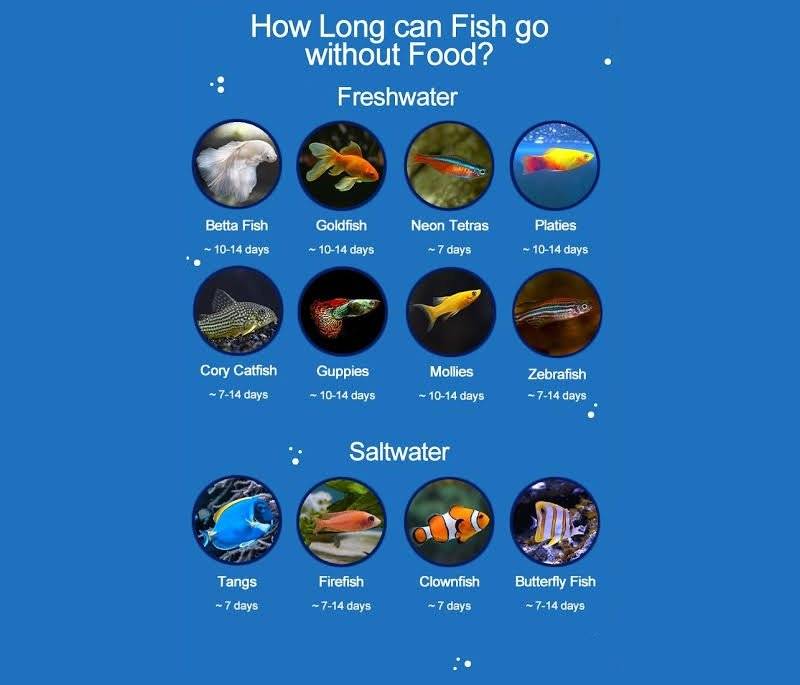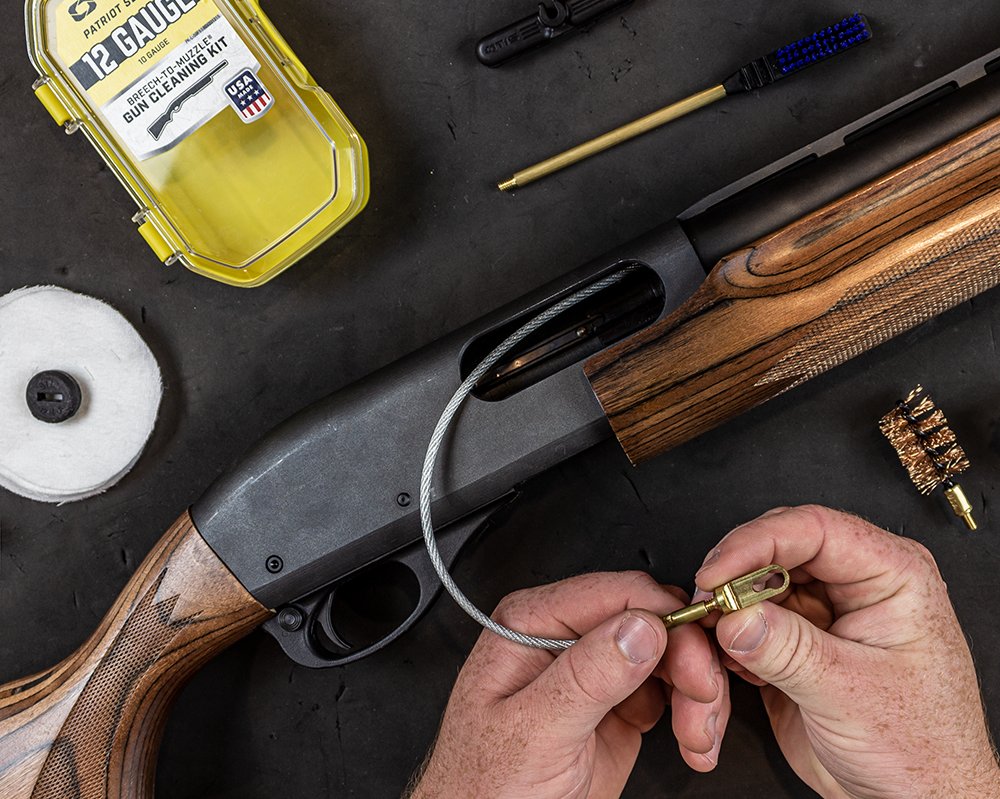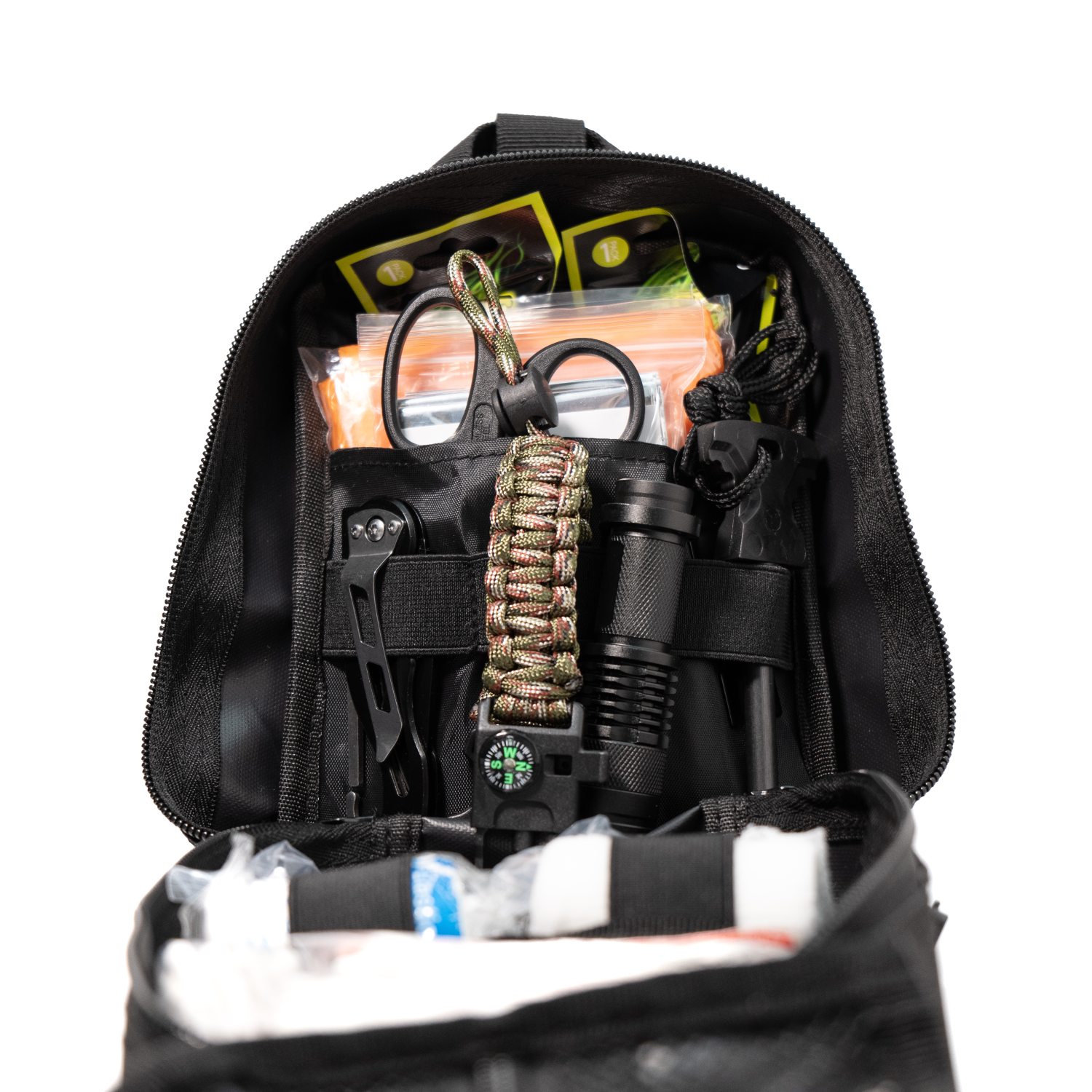How Long Will Fish Survive Without Food?
Introduction
Worried about leaving your fish without food while you’re on vacation or dealing with a busy schedule? You're not alone. Many aquarium owners grapple with this concern. Neglecting to feed your fish on time can have serious consequences for their health and disrupt the tank's delicate ecosystem. Rather than rushing to find a temporary fix, understanding how long can fish survive without food and adopting effective feeding strategies can relieve your stress. This guide aims to help you achieve just that.
Factors Affecting Survival Time
Knowing how long fish can go without food isn't one-size-fits-all. Several factors come into play that can vary the survival time among different species and individuals. Let’s break them down.
Species
Each fish species has unique requirements and resilience to food deprivation:
- Goldfish: Generally quite resilient, goldfish can survive without food for 10-14 days.
- Bettas: Equally durable, bettas can last 10-14 days without feeding.
- Tropical Fish: The survival time for tropical fish is more variable. For example, guppies may last about a week, whereas some larger cichlid species can endure a bit longer.
Age and Size
Larger and older fish usually have more fat reserves, enhancing their ability to survive without food compared to younger, smaller fish which have higher metabolic rates and smaller energy reserves.
Water Temperature
- Cold-Water Fish: Such fish generally have slower metabolisms, helping them conserve energy and survive longer without food.
- Warm-Water Fish: These fish, with higher metabolic rates, require food more frequently.
Overall Health
A fish’s health significantly influences its ability to endure periods without food. Healthier fish with robust immune systems are better-equipped to handle temporary fasting, whereas those in poor health will struggle.
Tank Environment
A well-maintained aquarium is crucial. Stable water conditions, proper filtration, and a balanced ecosystem enable fish to better cope with periods without food, highlighting the importance of regular tank maintenance.
General Timeframes for Fish Survival
While consistent feeding is crucial, here's a general guide to how long different fish species can last without food:
| Fish Species |
Survival Time Without Food |
| Goldfish |
10-14 days |
| Bettas |
10-14 days |
| Guppies |
7 days |
| Angelfish |
7-10 days |
| Cichlids |
Up to 10 days |
Signs of Hunger in Fish
Being able to recognize cues of hunger helps you manage feeding schedules and avoid prolonged fasting:
- Increased Activity: Fish swim more actively, searching for food.
- Aggressive Behavior: Hunger may lead some fish to become more aggressive.
- Changes in Appearance: Noticeable weight loss or a sunken belly indicate food deprivation.






